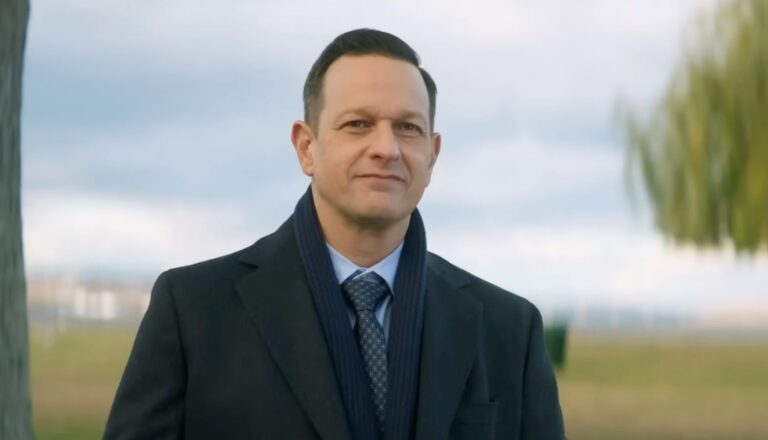
Best Medicine
In Fox’s Best Medicine, uptight city surgeon Dr. Martin Best moves to small-town Port Wenn and learns to get along with its quirky residents.
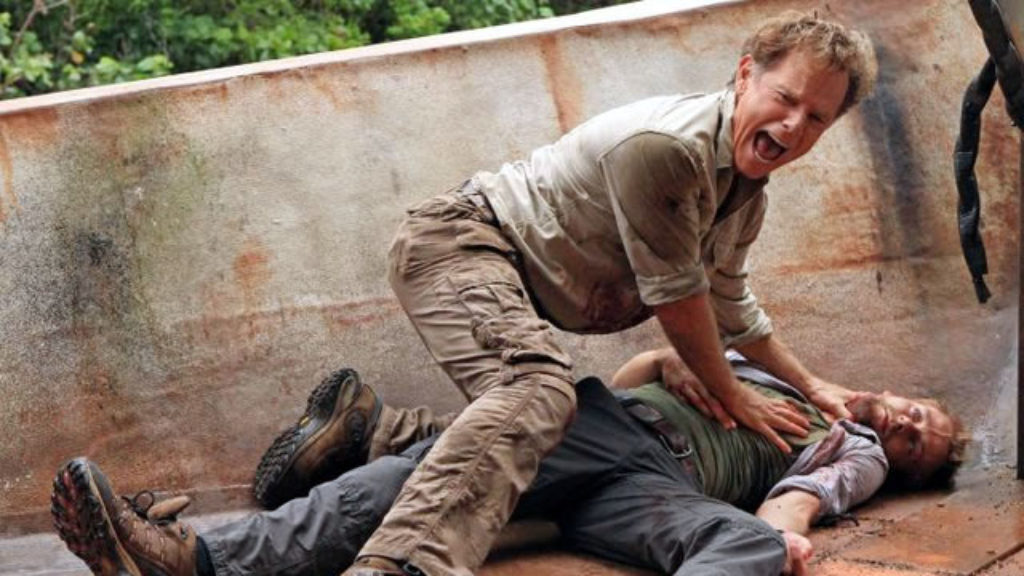
“There’s magic out there!”
That was Dr. Emmet Cole’s signature signoff for his popular nature show, The Undiscovered Country. Every week, Emmet—a cross between the late Marlin Perkins and Steve Irwin—would introduce viewers to the wonders of nature, taking his lovely wife Tess and son Lincoln along for the ride.
But somewhere along the way something went wrong: Lincoln, who never seemed to see his father outside the light of the cameras, begins to resent him. Emmet and Tess begin to grow apart. And then Emmet—without his wife, son or regular television crew in tow—decides to go to the Amazon Basin one last time … for reasons unknown.
He disappears out there in the jungle. Six months later, the pop naturalist is declared legally dead, and Lincoln leads a memorial service in his honor. But then, in a bar afterwards, Tess gives her son some remarkable news: Emmet’s emergency beacon has suddenly beeped back on, and Tess hopes—desperately, perhaps—that her husband might still be alive.
Emmet’s old TV network is willing to foot the bill for a rescue operation—if it can document every step with a battery of cameras. There’s one condition: Lincoln has to come along.
At first, Lincoln’s incredulous. “They know Dad and I hated each other,” he says.
“That’s why we wanted you,” says Clark, Emmet’s longtime producer.
And so begins ABC’s creepy, cheesy mash-up of Lost and Paranormal Activity.
The show, at least in its early stages, feels surprisingly episodic: In each outing, this intrepid band of explorers—including Lena, daughter of Emmet’s longtime cameraman (also missing); Emilio, engineer for Emmet’s ship The Magus; his pretty but freaked-out daughter, Jahel; mysterious mercenary Kurt; and A.J., the crew’s surviving cameraman (another was unceremoniously dispatched during the pilot)—must battle new, often supernatural dangers out there among the palm fronds and exotic spiders. From soul-infested pods to spooky spirits, they’re all somehow caught on film by the crew’s umpteen cameras, dutifully toted no matter what sort of bogeyman the explorers face.
The concept, filled with hints of primitive animism and flat-out hocus-pocus, will be inherently problematic for some viewers: It has all of Lost’s weirdness without much of its metaphorical underpinnings. And there are other problems. The River can be an incredibly gruesome place, filled with desiccated corpses and bloody wounds and ooky creatures. Female characters crawl through the jungle wearing revealing tops, and no one seems to have any compulsion to watch their language. (S- and f-words are bleeped.)
Of course not everything is dank and gloomy aboard The Magus. In the midst of these weekly supernatural crises, the crew seems to grow ever closer. Folks begin to get a better idea of what’s really important in life—and very often they wind up being better friends and family members because of it.
But even though there are some positives to be plumbed from The River’s murky depths, mostly this show is about the murk. Emmet was right, it seems: There is magic out there. And it’s out for blood.
(Editor’s Note: Plugged In is rarely able to watch every episode of a given series for review. As such, there’s always a chance that you might see a problem that we didn’t. If you notice content that you feel should be included in our review, send us an email at letters@pluggedin.com, or contact us via Facebook or Instagram, and be sure to let us know the episode number, title and season so that we can check it out.)
It’s double jeopardy time for the crew. As each one of them mysteriously goes blind, they also learn they’re being stalked by the Morcegos—mysterious jungle warriors trying to determine whether they’re worthy to walk on their holy ground. If they’re deemed unworthy, they’ll be killed.
Characters show a willingness to sacrifice themselves for one another—sometime facing their worst fears to do so. We learn that Emmet and Tess separated before Emmet disappeared, but Tess is committed to working through whatever difficulties they had if she could only find him. “I want my family back,” she says. “That’s all I want.” We hear a quick prayer to God.
Along the way, someone gets accidentally stabbed. (Both the wound and its treatment, involving stitches and cauterization, is graphic.) A wild boar gets shot, and blood courses down the animal’s fur. Its head is later seen floating in the water. The crew discovers a corpse that’s had its eyes removed, heart cut out and been disemboweled.
Characters utter a variety of bleeped cuss words, including about a dozen delivered in a rapid-fire volley. Jesus’ name is abused (and bleeped) once, God’s name (unbleeped) three or four times. There’s one use of “bloody.” We hear “d‑‑n” about three times, “h‑‑‑” at least four times, “b‑‑ch” once and “b‑‑tard” once.

Paul Asay has been part of the Plugged In staff since 2007, watching and reviewing roughly 15 quintillion movies and television shows. He’s written for a number of other publications, too, including Time, The Washington Post and Christianity Today. The author of several books, Paul loves to find spirituality in unexpected places, including popular entertainment, and he loves all things superhero. His vices include James Bond films, Mountain Dew and terrible B-grade movies. He’s married, has two children and a neurotic dog, runs marathons on occasion and hopes to someday own his own tuxedo. Feel free to follow him on Twitter @AsayPaul.

In Fox’s Best Medicine, uptight city surgeon Dr. Martin Best moves to small-town Port Wenn and learns to get along with its quirky residents.
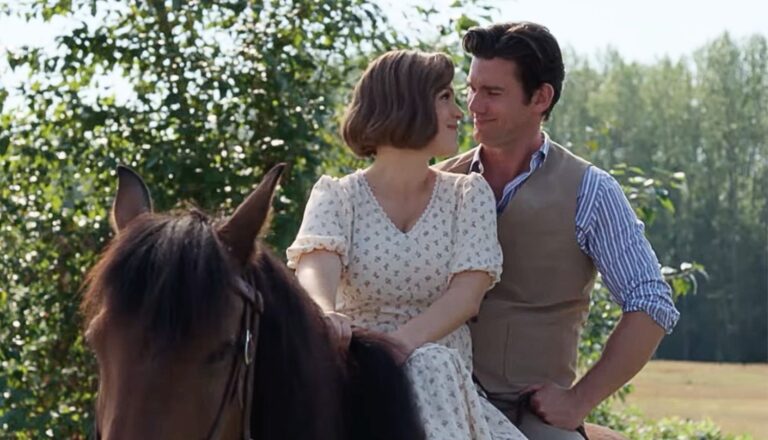
This beloved Hallmark romantic drama about life in a small, 1900s Canadian mining town returns for its tenth season.
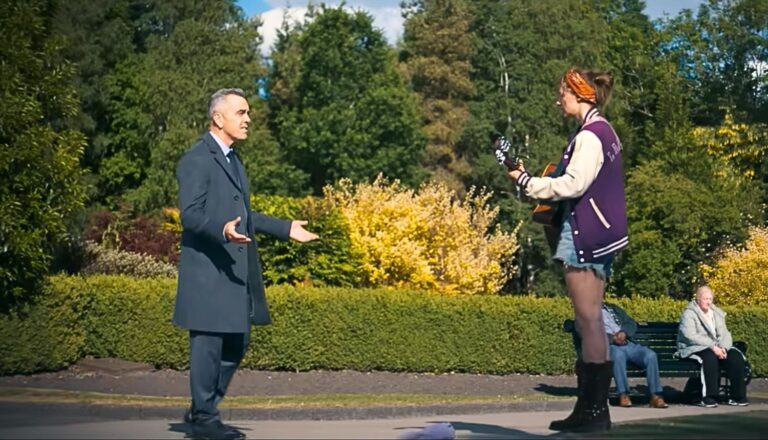
Since violence and crudities reign supreme in ‘Run Away,’ viewers might do well to heed the advice in the show’s title.
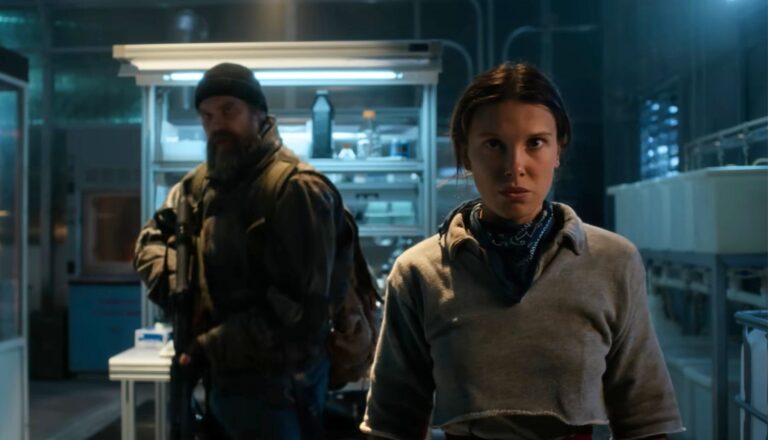
The newest season of Netflix’s Stranger Things continues to blend ’80s nostalgia with ever-darker spiritual content and horrific violence.